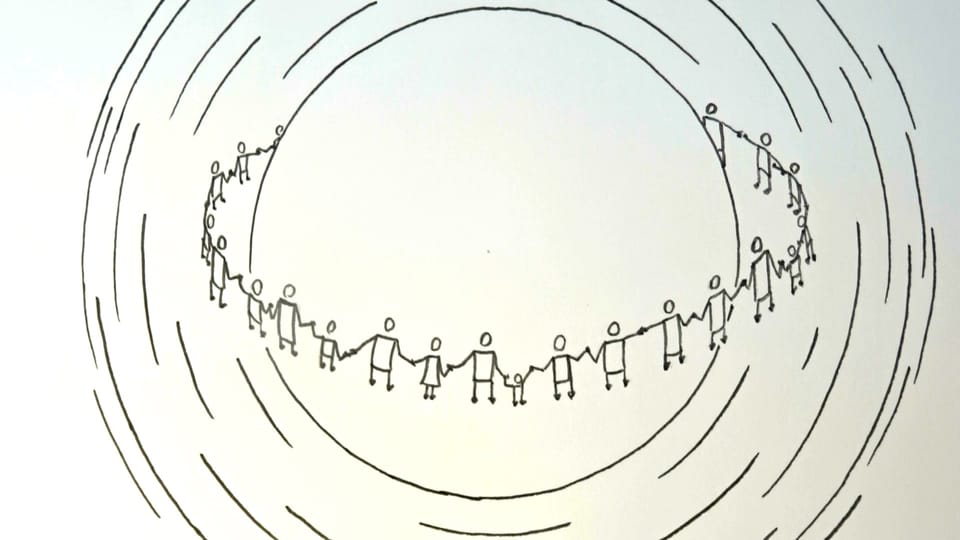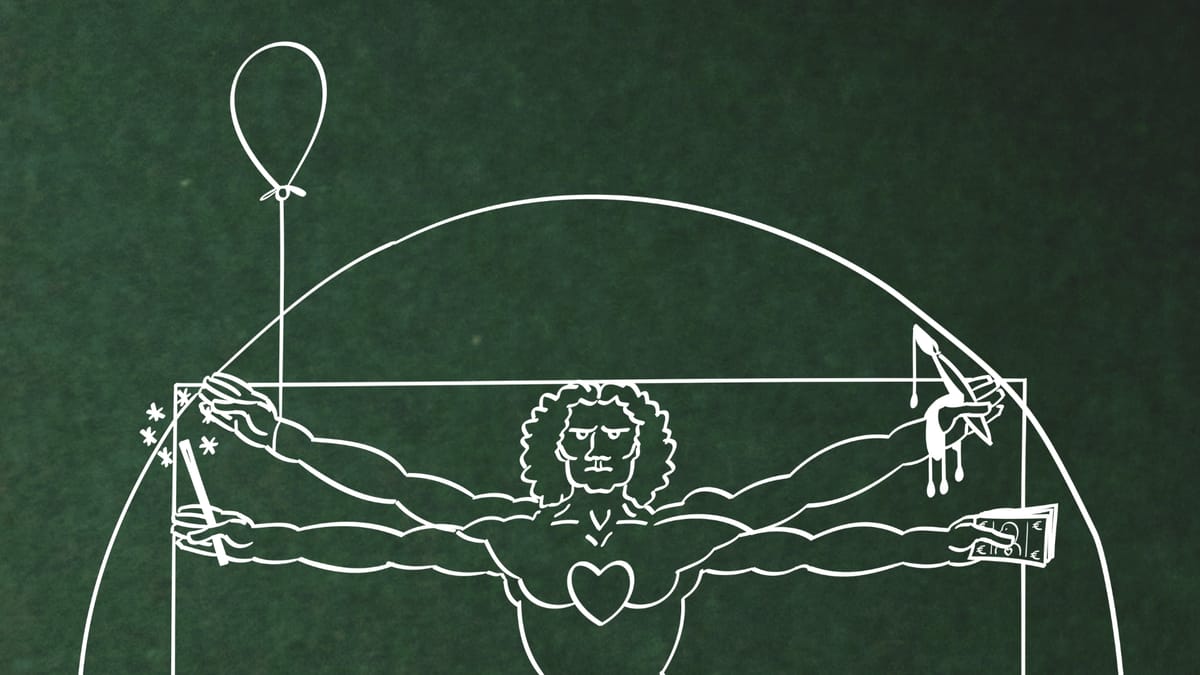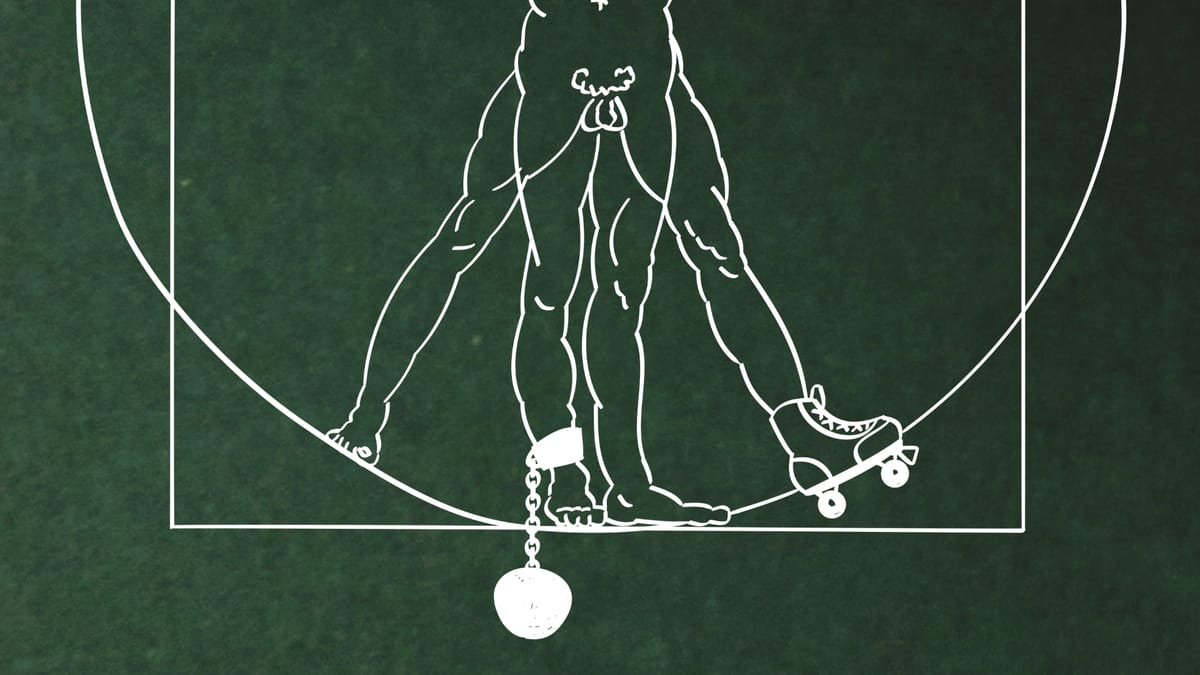Unconditional Parenting 🚸 Is Not About Parenting

Much of what we call family, school, business, organisation and management is set up to produce obedience, incite competition and repeat the mistakes humanity has been making for aeons—often with the best intentions, but damaging nonetheless.
In this post six books—plus some of their teachings—that inspire me to let go of power over stories and instead co-create power with stories.

1. Marianne Williamson » A Return To Love
Miracles created by a shift in perspective
‘We see criminals as guilty and seek to punish them. But whatever we do to others, we are doing to ourselves. Statistics painfully prove that prisons are schools for crime; a vast number of crimes are committed by people who have already spent time in prison.'
‘In punishing others, we end up punishing ourselves. Does that mean we’re to forgive a rapist, tell him [or her, ed.] that we know he just had a bad day, and send him home? Of course not. We’re to ask for a miracle.'
‘A Miracle here would be a shift from perceiving prisons as houses of punishment to perceiving them as houses of rehabilitation. When we consciously change their purpose from fear to love, we release infinite possibilities of healing.’
Universal wisdom
I could easily exchange Marianne’s use of the word ‘prison’ for ‘school’, ‘work’, ‘family’ and ‘love relationships’... and have a text that rings just as true.
But this book is not about misery; it’s about the longing and essence underlying our worldly problems, and ways to reconnect with that longing and essence in and among ourselves.
Profound spiritual teachings I’ve come back to many times.

2. Alfie Kohn » Unconditional Parenting
Rewards and punishments do not lead to genuine cooperation
Based on the principles of Non-Violent Communication, Kohn poignantly describes the harm we do by (unintentionally) rewarding and punishing our children and fellow adults. Backing his arguments with numerous studies and providing alternatives, many of them also backed by numerous studies, I gratefully practice applying them in all relationships.
Why unconditionality?
Because if we need to fulfil certain conditions to reap appreciation and approval, there’s a big chance we’ll start disliking ourselves for who we are. This, in turn, drives us to build a false persona, someone who hopefully does well in the eyes of the outside world. And learning to use our adaptive skills to bury what genuinely makes us tick, will likely get us in a depressed and despondent state, making us forget who we are.
If we instead learn that we’re innately beautiful, valuable and good—and that this essence of our being can never be lost or regained, we start building our actions on intrinsic foundations instead of the carrots (and hell) that people hold in front of us.
Beautifully written and very comprehensive, but for me, incomplete without the following works in this post—much-needed fuel for transcending our Western-centered contexts, cultures and minds.

3. Sobonfu Somé » The Spirit of Intimacy
Beautifully short...
and filled with easily written wisdom that Sobonfu Somé derived from growing up in Burkina Faso.
‘The goal of the community is to make sure that each member of the community is heard and is properly giving the gifts [they have] brought to this world. Without this giving, the community dies. And without the community, the individual is left without a place where [they] can contribute.’
And taking it one step further:
‘This concept of the big family is really helpful. I remember when I was a kid, I had the choice of a different father every day, depending on my mood. So if I wanted one of my uncles to be my father for the day, I would focus all my attention on that person and ignore the others. And the others wouldn't take it personally, because they saw it as an opportunity for me to decide what I wanted.’
Or, in short:
‘Like we say in the village: "It takes a whole village to raise a child." It's also true to say, "It takes a whole village to keep parents sane.”’
I love how Sobonfu writes about community as ‘the guiding light of the tribe’, a mutually reaffirming field that helps people transcend individual capabilities while fulfilling a shared calling. A highly inspirational ‘open wherever you want’ book.

4. Jean Liedloff » The Continuum Concept
In Search of Happiness Lost
The first book that blasted open my gates to a view on parenting that feels deeply right and truthful. A view that, underneath all of my conditioning, has probably always been there, but that needed Jean’s words to be reawakened.
The Continuum Concept tells the story of a woman who travelled to South America on a gold-mining expedition, stumbled upon indigenous tribes and gained a wealth she couldn’t have fathomed at the start.
Some notes I made while reading more than six years ago:
‘Children want to contribute. They want to be part of a larger social whole and they want to participate in caring for that whole. Big people often ‘allow’ small children play, not letting them participate in cooking and housework. Because participating is dangerous, annoying, tiring, and wrong. After all, children need to play and not work, because work is like labour and labour is for later.'
‘When children who’ve become accustomed to getting undivided attention, no longer get the “Ooh, did you fart?! Did you boo?! Did you baa?! Wow, that’s amazing!!” that we in the West generally get as babies, the feeling that something’s wrong gradually overtakes them. For they’ve had little or no chance to develop an innate sense of worth and being welcome (i.e.: independent of external validation), having instead become completely dependent on other people’s attention and recognition for feelings of “self-”worth and welcome.’
‘Children who are not left alone (enough) grow up to think the whole world revolves around them. This drives insecurity, fear of exploration and an inability to make a move if not explicitly invited, told or coaxed into making a move. And having become addicted to attention and recognition, they constantly ask for it. This isn’t only exhausting for parents and children, it also denies the essential goodness that every child naturally has within them, which (I’m one to know 😂) can lead to big problems in adolescence and adulthood.’
‘When children in the West cry, they’re usually soothed or told to stop. Why? Because our society cannot tolerate sadness, fear and pain. Almost all of us are educated to believe that sadness, fear and pain are wrong. So instead of continuing to fully feel what we feel—something we naturally do as infants—we learn to hold ‘negative’ emotions behind bars, or better said: in our bodies. There, unprocessed issues get stuck, begin to fester and put an increasingly heavy lid on our spontaneity, aliveness, sparkle and joy.’
Not always an easy read...
in part because Jean’s writing style isn’t the easiest, but filled with inspiring, touching and in many cases hilarious anecdotes that greatly help me to let people be their brilliant selves.

5. Michaeleen Doucleff » Hunt, Gather, Parent
A relatively new but already often-found staple in friends’ bookcases, Michaeleen seems to continue where The Continuum Concept left off. Traveling the world with her three-year-old daughter and visiting different communities and tribes, she translates ancient relational wisdom to modern-day suburbia, with insightful ideas about allowing children to be part of the team in societies that try hard to make parents do otherwise.
Here again some notes I made while reading.
Eroding entertainment
‘Activities created purely to keep a child happy and/or entertained erode their powerful, natural desire to be a contributing presence in the “team”, learning instead that they’re exempt from shared responsibilities.’
‘Children don’t need entertainment—they’re fully equipped to entertain and keep themselves busy. Entertainment is often as exhausting for children as it is for parents, and besides that: children often already have more than enough hours of “child-time“ in a week, e.g. in kindergarten.’
‘The same goes for toys, screens and other forms of busy-ness. The fewer such distractions, the more likely children are to be captivated by the day-to-day, the more likely they are to want to participate in the day-to-day.’
Part of the team
‘Involve children in “adult” life, show them they’re a full part of the team and include them in the things you enjoy doing. Undertake other activities only if it makes both you and your child happy and the activities really feel like “together” activities.’
‘True collaboration can only happen through invitation. If a child doesn’t want to, don’t repeat the question needlessly and don’t take on a coaxing voice. He or she’s heard you and knows what you want. Give it time, let children take charge of their own movement and don’t engage in guilt-trips. At most, indicate objectively what the consequences are of not collaborating.’
‘Let children practice, give only simple course corrections and do so sparingly. Help children feel they’re competent and their contribution matters. In other words, lean back and let them lead, even if they do it ”wrong”. Children learn best by seeing how we do things and finding a knack for things in their own way.’
Leaning back, allowing leadership
‘If a child comes up with an idea, even if it comes across as idiotic, welcome it and build on it. He or she will find out naturally whether something works or not, and—I’ve experience this so often with my son—as parent you may discover that it was actually a really good idea.'
‘Minimise expressing appreciation. Allowing a child to participate fully, to make choices that are welcomed and adopted, to experience that they matter and play a valuable role, is giving appreciation.’
I don’t vibe with everything Michaeleen writes, but this book is an incredibly insightful guide for anyone who wants to live and work in a state of power with instead of power over.

Didi Ananda Uttama » Tantric Mothering
Practical love, spiritual growth, planetary change
A book I’m still in the process of reading and that came to me through a heartfelt and resonating meeting with the author, an acharya or renunciate nun in the international socio-spiritual movement called Ananda Marga.
Basing herself on many years of work in child-birth, and in more recent years, in providing safe havens for refugee mothers and their children, Didi writes from a perspective of a mother-child partnership, in which each plays an equally vital and active role from way before birth.
Drawing from experiences with and words from the mothers Didi worked and works with, this book is infused with wisdom about entering into true partnership, and about healthy childcare not being about parent one and parent two, but about a broader community that needs to be a vital part of children’s upbringing. Not only, but also (as quoted already) to help keep ‘parents sane’.
A heartfelt guide to deeper love, spiritual growth, and a more compassionate and inclusive world—and about which I'll write more when I finish reading it.
💡 Want to get this book? Support the author and her work by ordering it directly and as a print-on-demand, here on Lulu.com.
» You can find more about the book, freely read the fully illustrated version, access the audiobook chapters and find the Dutch-language book here.
» For the core premise and conclusions of the no-economics-class chapter, check this post on this platform.
» For all posts in the Bookturbo collection, click here.
Want to check the other 2 posts in this 3-part series? Here they are:






Member discussion